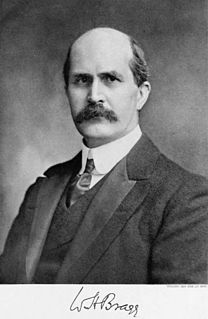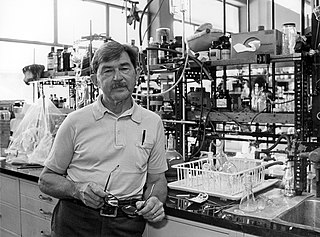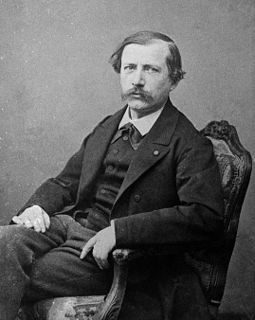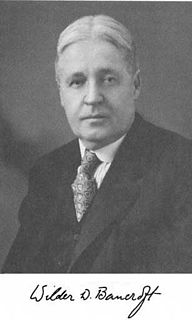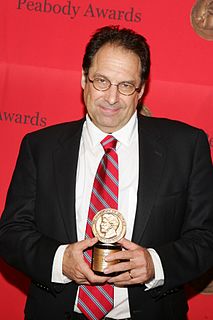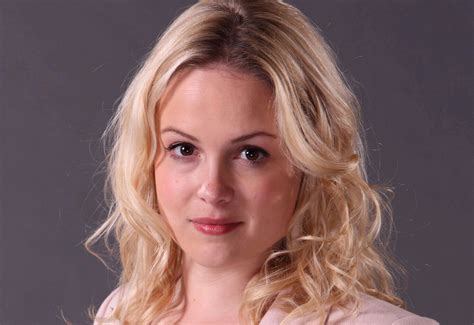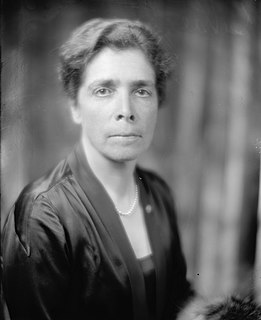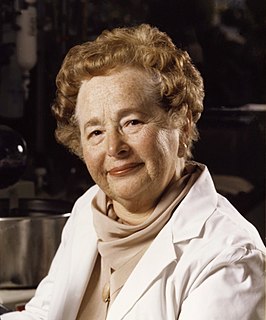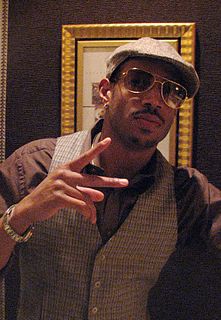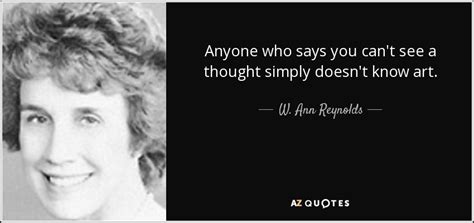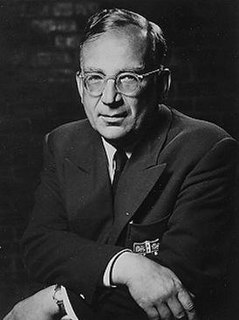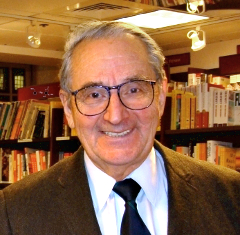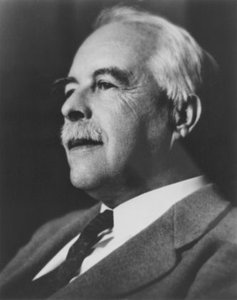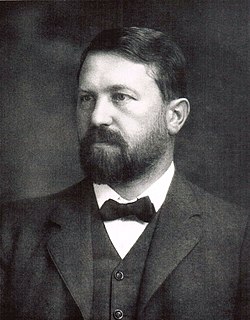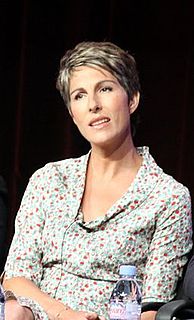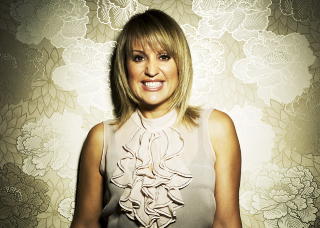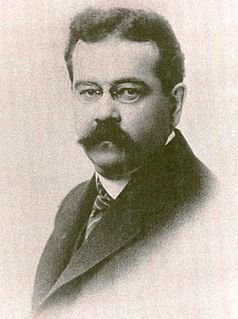Top 125 Chemist Quotes & Sayings - Page 2
Explore popular Chemist quotes.
Last updated on April 15, 2025.
When people are suicidal, their thinking is paralyzed, their options appear spare or nonexistent, their mood is despairing, and hopelessness permeates their entire mental domain. The future cannot be separated from the present, and the present is painful beyond solace. ‘This is my last experiment,’ wrote a young chemist in his suicide note. ‘If there is any eternal torment worse than mine I’ll have to be shown.
Science as an intellectual exercise enriches our culture, and is in itself ennobling. ... Though to the layman, the world revealed by the chemist may seem more commonplace, it is not so to him. Each new insight into how the atoms in their interactions express themselves in structure and transformations, not only of inanimate matter, but particularly also of living matter, provides a thrill.
From early childhood, I was interested in understanding how the world worked, and assumed I would be some kind of physical scientist or chemist. But the truth was, I didn't know there was another kind of world, the inner world, that was just as interesting, if not more relevant, than what was going on in the outside world.
The trade of chemist (fortified, in my case, by the experience of Auschwitz), teaches you to overcome, indeed to ignore, certain revulsions that are neither necessary or congenital: matter is matter, neither noble nor vile, infinitely transformable, and its proximate origin is of no importance whatsoever. Nitrogen is nitrogen, it passes miraculously from the air into plants, from these into animals, and from animals into us; when its function in our body is exhausted, we eliminate it, but it still remains nitrogen, aseptic, innocent.
Ostwald was a great protagonist and an inspiring teacher. He had the gift of saying the right thing in the right way. When we consider the development of chemistry as a whole, Ostwald's name like Abou ben Adhem's leads all the rest ... Ostwald was absolutely the right man in the right place. He was loved and followed by more people than any chemist of our time.
I was the first one in my family to go away to college. I came from a small town where there was no guidance in the high school at all. It was a mill town, and I never knew anyone who made their living from the arts. When you did go away to college, you went away to be something - an engineer, or a teacher, or a chemist.
My idea of storytelling is - I wouldn't say it's religious but I would say it's spiritual. You know, the chemist Friedrich August Kekule worked for twenty years trying to figure out the structure of the benzene ring, and he couldn't do it. And then one night he was sleeping and he had a vision of a snake swallowing its tail. So he told his students about it and they said, 'Not bad, you go to sleep and you wake up with that.' And he said, 'Visions come to prepared spirits.' The way Billy Wilder put it was 'The muse has to know where to find you.'
There was danger at times that women might not be judged by the highest standards, but more leniently because of their sex. "She is a remarkably good chemist--for a woman," you might hear a man say. It seemed to me essential, if the ablest young women scholars were to achieve the best work of which they were capable, that they should be held to the most rigorous standards. ...To advance, a woman must do at least as good work as her male colleagues, usually better.
Statistics is, or should be, about scientific investigation and how to do it better, but many statisticians believe it is a branch of mathematics. Now I agree that the physicist, the chemist, the engineer, and the statistician can never know too much mathematics, but their objectives should be better physics, better chemistry, better engineering, and in the case of statistics, better scientific investigation. Whether in any given study this implies more or less mathematics is incidental.
To a synthetic chemist, the complex molecules of nature are as beautiful as any of her other creations. The perception of that beauty depends on the understanding of chemical structures and their transformations, and, as with a treasured work of art, deepens as the subject is studied, perhaps even to a level approaching romance.
Such is the nature of the marriage relation that a breach once made cannot be healed, and it is the height of folly to waste one's life in vain efforts to make a binary compound of two diverse elements. What would we think of the chemist who should sit twenty years trying to mix oil and water, and insist upon it that his happiness depended upon the result of the experiment?
You can lose a reader in a blink of an eye. If a person is an engineer or chemist or an anthropologist or whatever, you spoil the whole book for that person if there's obviously ignorance here. What's wrong with so much science fiction is that the science is so lousy that it isn't worth paying attention to.
A detective with his murder mystery, a chemist seeking the structure of a new compound, use little of the formal and logical modes of reasoning. Through a series of intuitions, surmises, fancies, they stumble upon the right explanation, and have a knack of seizing it when it once comes within reach.
I had a Saturday job in a chemist. The pay was something ridiculous like £2 an hour - it was slave labour - and I spent all day cleaning shelves. On my first day an actress from Eldorado, which was on telly at the time, came in and said, 'Can I have some Replense please?' I didn't know what it was, so I had to ask her and she had to say, 'It's vaginal moisturiser,' in front of a massive queue of people. After one day I was like, 'I don't want to do this job any more, it's just boring.'
Exact science and its practical movements are no checks on the greatest poet, but always his encouragement and support ... The sailor and traveller, the anatomist, chemist, astronomer, geologist, phrenologist, spiritualist, mathematician, historian and lexicographer are not poets, but they are the lawgivers of poets and their construction underlies the structure of every perfect poem.
In Paris, friend of Bequerel’s, a young physicist-chemist couple named Pierre and Marie Curie, began to scour the natural world for even more powerful chemical sources of X-rays. Pierre and Marie (then Maria Sklodowska, a penniless Polish immigrant living in a garret in Paris) had met at the Sorbonne and been drawn to each other because of a common interest in magnetism.
Any chemist reading this book can see, in some detail, how I have spent most of my mature life. They can become familiar with the quality of my mind and imagination. They can make judgements about my research abilities. They can tell how well I have documented my claims of experimental results. Any scientist can redo my experiments to see if they still work-and this has happened! I know of no other field in which contributions to world culture are so clearly on exhibit, so cumulative, and so subject to verification.
England and all civilised nations stand in deadly peril of not having enough to eat. As mouths multiply, food resources dwindle. Land is a limited quantity, and the land that will grow wheat is absolutely dependent on difficult and capricious natural phenomena... I hope to point a way out of the colossal dilemma. It is the chemist who must come to the rescue of the threatened communities. It is through the laboratory that starvation may ultimately be turned into plenty... The fixation of atmospheric nitrogen is one of the great discoveries, awaiting the genius of chemists.
For it is not cell nuclei, not even individual chromosomes, but certain parts of certain chromosomes from certain cells that must be isolated and collected in enormous quantities for analysis; that would be the precondition for placing the chemist in such a position as would allow him to analyse [the hereditary material] more minutely than [can] the morphologists ... For the morphology of the nucleus has reference at the very least to the gearing of the clock, but at best the chemistry of the nucleus refers only to the metal from which the gears are formed.
There is in the chemist a form of thought by which all ideas become visible in the mind as strains of an imagined piece of music. This form of thought is developed in Faraday in the highest degree, whence it arises that to one who is not acquainted with this method of thinking, his scientific works seem barren and dry, and merely a series of researches strung together, while his oral discourse when he teaches or explains is intellectual, elegant, and of wonderful clearness.
I am no saviour. I’m absolutely the last person on the planet who can practically help. I don’t know how to make the different types of therapeutic feeding milk. I’m no chemist. I’m no doctor. I’m no engineer. I can’t manufacture polio vaccines or organise their transportation to the health centres in Saramoussayah or Bissikirima. I can’t build schools, or design drainage systems. I can’t provide the women and children of Mandiana with water.All I can do now is help make people aware of what is happening, of what they are doing. That is all that I can do. For now.
When I was in college at Carnegie Mellon, I wanted to be a chemist. So I became one. I worked in a laboratory and went to graduate school at the University of Pittsburgh. Then I taught science at a private girls' school. I had three children and waited until all three were in school before I started writing.
[When questioned on his longevity] First of all, I selected my ancestors very wisely. ... They were long-lived, healthy people. Then, as a chemist, I know how to eat, how to exercise, keep my blood circulating. ... I don't worry. I don't get angry at people. I don't worry about things I can't help. I do what I can to make the world a better place to live, but I don't complain if things aren't right. As a scientist I take the world as I find it.
We may, I believe, anticipate that the chemist of the future who is interested in the structure of proteins, nucleic acids, polysaccharides, and other complex substances with high molecular weight will come to rely upon a new structural chemistry, involving precise geometrical relationships among the atoms in the molecules and the rigorous application of the new structural principles, and that great progress will be made, through this technique, in the attack, by chemical methods, on the problems of biology and medicine.
We have no knowledge, that is, no general principles drawn from the contemplation of particular facts, but what has been built up by pleasure, and exists in us by pleasure alone. The Man of Science, the Chemist and Mathematician, whatever difficulties and disgusts they may have had to struggle with, know and feel this. However painful may be the objects with which the Anatomist's knowledge is connected, he feels that his knowledge is pleasure; and where he has no pleasure he has no knowledge.
